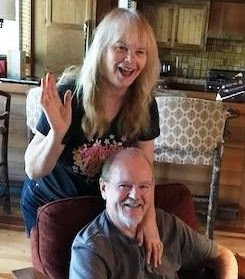All week Nan has been handing out “homework assignments” to clients as an end of the year exercise. It consists of writing a letter to God detailing all the things that one is thankful for in 2010 and prayer requests for 2011. The purpose is to be able to look back sometime in the new year and see which prayers have been answered as a way to build faith.
But I was thinking that for some the thankful list is a lot shorter than the prayer list. 2010 was not a joyous year – and neither was 2009, perhaps not even 2008. After a while hope begins to fade and cynicism begins to creep in. What then?
The temptation here is to fold up and withdraw, to slide into a pessimistic stupor and surrender to a soul-killing negativity. And I would by lying if I was to tell you that I have never gone down that path. In some ways it is very appealing. But I can assure you that it is not very helpful.
At these times I have to remind myself of some solid research that produced this conclusion: Pessimists see the world more realistically, but optimists have better lives and are usually more successful. Why is that? Well, who would you rather spend time with? People tend to isolate from those who are pessimistic by nature (or choice). It’s as if somehow the condition is contagious. And, actually it is. But so is optimism.
Those who can stay positive, even in the midst of difficulty, are most likely to draw people towards them who will often be part of the solution and become cheerleaders for their success. For example, if unemployed, optimists are more likely to be recommended for a job – and they are more likely to attract people willing to help them in the task of searching.
So how do I stay positive? It is mainly an act of the will – feeding my inner thought life with hopeful, but truthful messages. I have to remember to be aware of my body language, my facial expressions, looking outward instead of inward and limiting my complaining, even when I’m feeling otherwise.
The beginning of a new year is a time marker for many of us – we are much more apt to spend time reflecting on the past and projecting for the future. Even if you wish your circumstances were massively different, you can still choose your attitude as you move through the challenges that face you, holding on to hope, because the story of your life isn’t over yet.
Happy New Year



